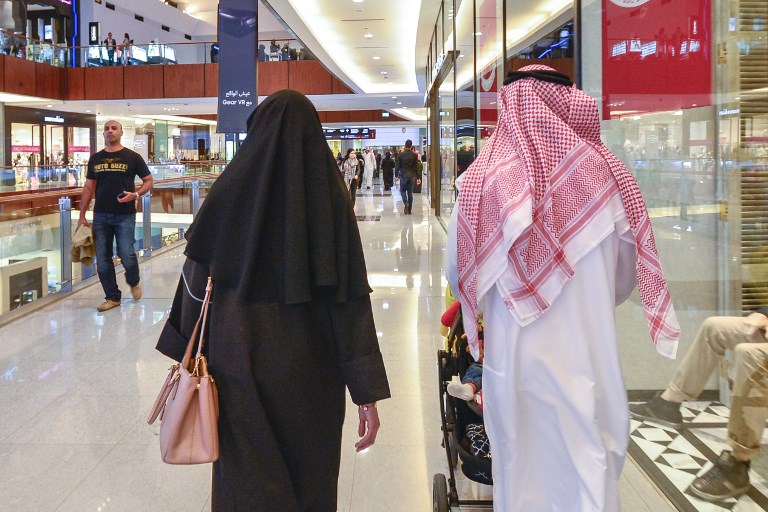São Paulo – The World Bank revised down its growth estimates for the Middle East and North Africa (MENA) and called for deeper economic reforms to boost employment and growth while liberalizing their markets. The information was made public by the financial institution and published this Tuesday (10) in news sites from the region.
The World Bank adjusted economic growth in the MENA countries down to 0.6% in 2019. The previous forecast from April was 1.4%. The Bank believes the drop is a result of oil production cuts, geopolitical tension and the trade war between the United States and China.
The MENA region’s “economic outlook is subject to substantial downside risks, most notably intensified global economic headwinds and rising geopolitical tensions,” World Bank chief economist Rabah Arezki wrote in the lender’s outlook report.
The region’s economic outlooks for 2020 and 2021 are better. MENA is expected to grow 2.6% next year and 2.9% in 2021, the World Bank said. Arezki pointed out that the growth is a fraction of what is needed to create enough jobs for the fast-growing, working-age population, and suggested reforms to instill fair competition and promote inclusive growth.
Despite revising down the growth projections of the region in 2019, the World Bank stressed positive factors in its report, such as the economy diversification agenda in countries such as Saudi Arabia and the impacts of the Expo 2020 in the Gross Domestic Product (GDP) of the United Arab Emirates. Egypt commended Egypt’s economy for completing a reform program with the help of the International Monetary Fund (IMF).
Not every country’s situation is the same, tough. For oil-importing countries such as Lebanon, the World Bank projects the economy will contract 0.2% this year because of large current account deficits and the size of the public debt. The deterioration on Lebanon’s external side is accelerating, the bank said.
Translated by Guilherme Miranda




